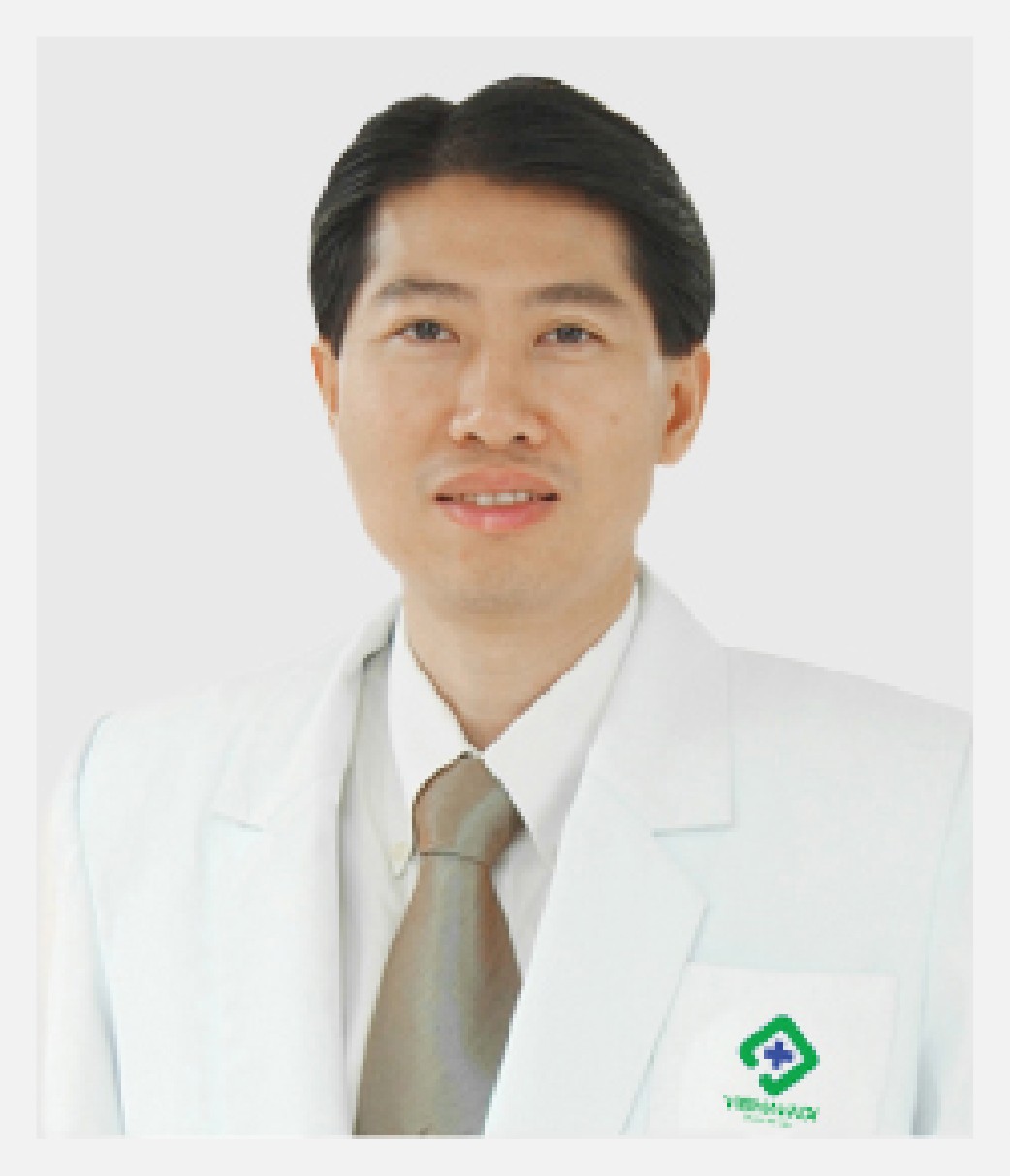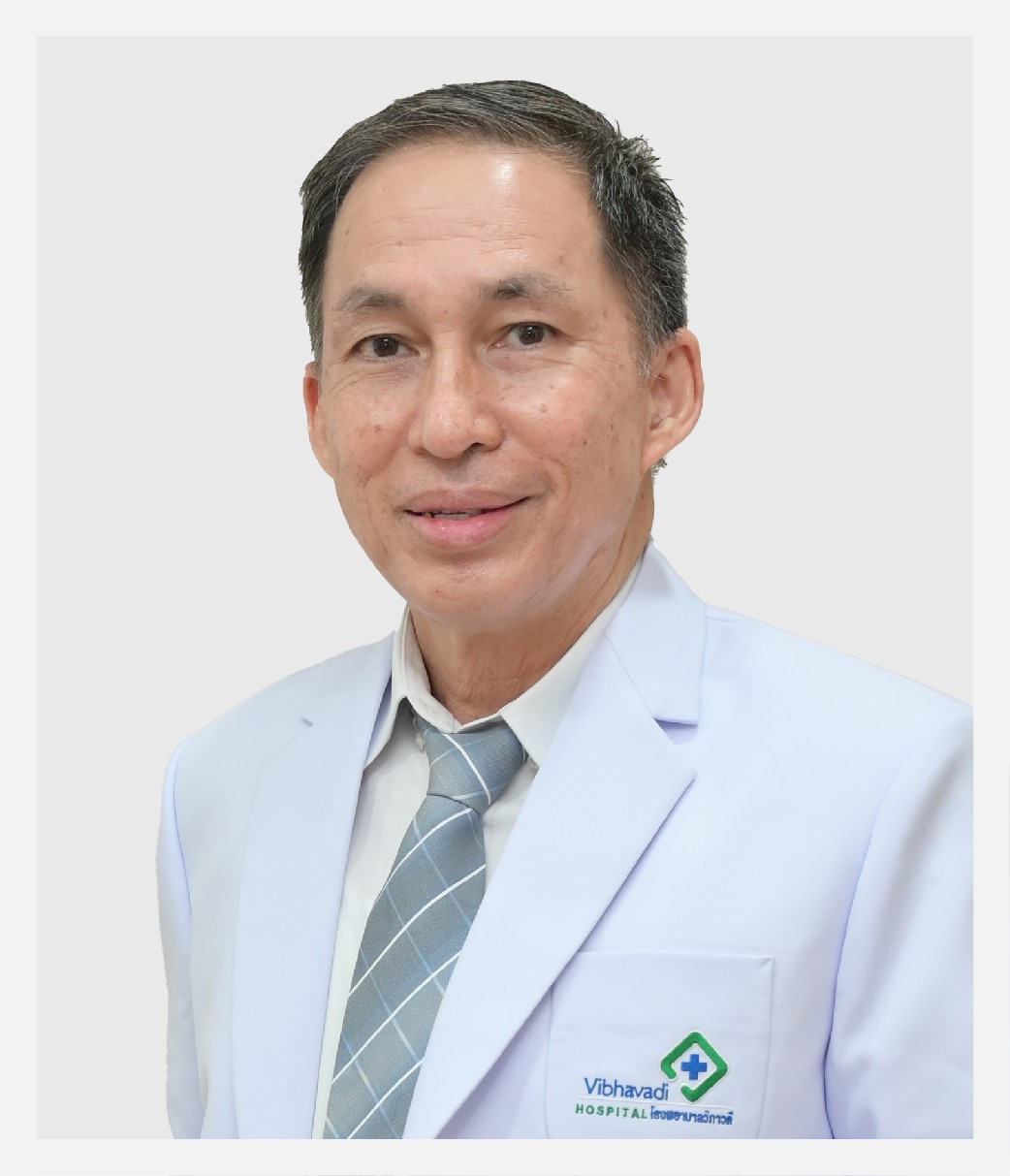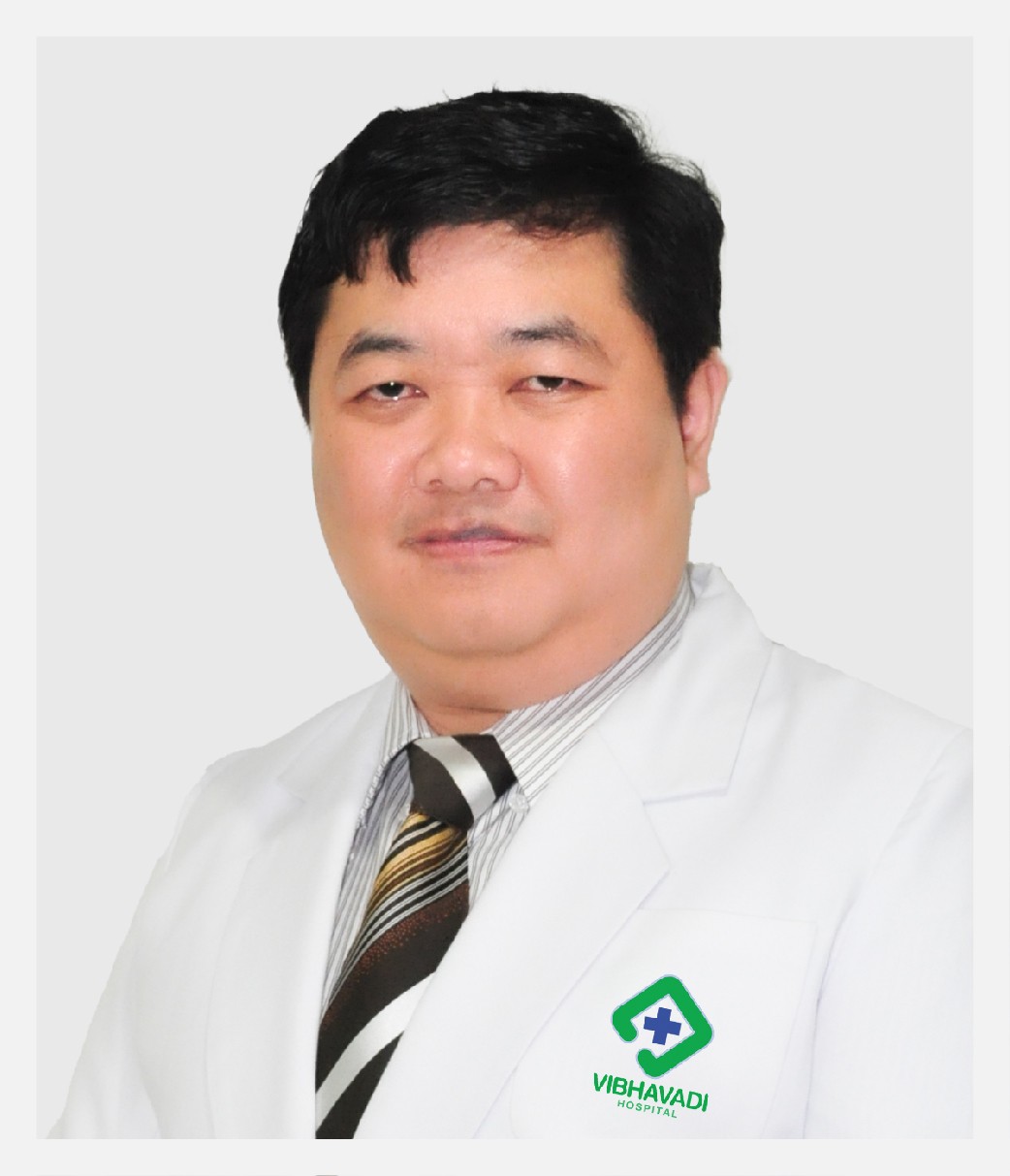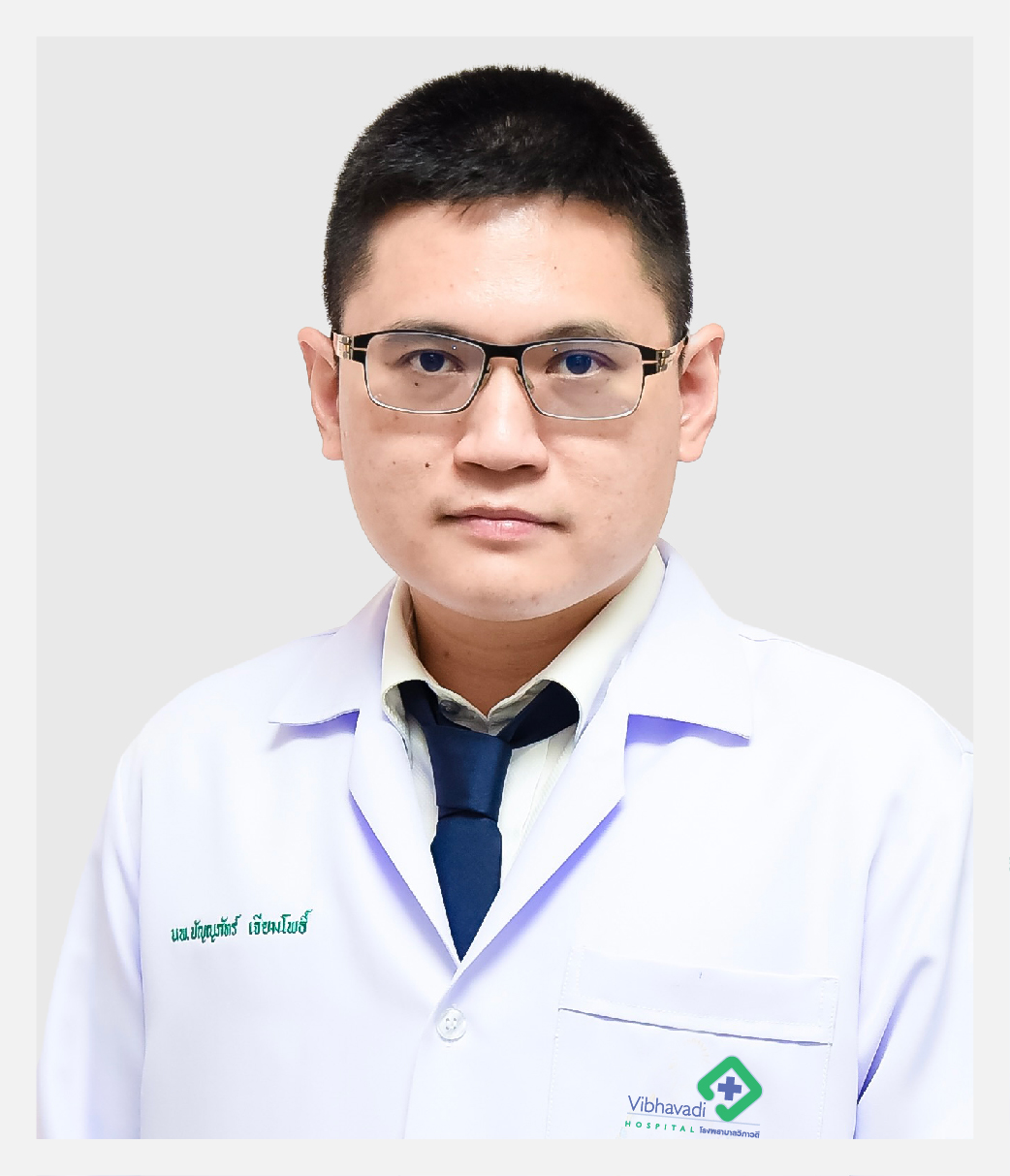Heart Surgery at Vibhavadi Hospital for Better Cardiac Healt
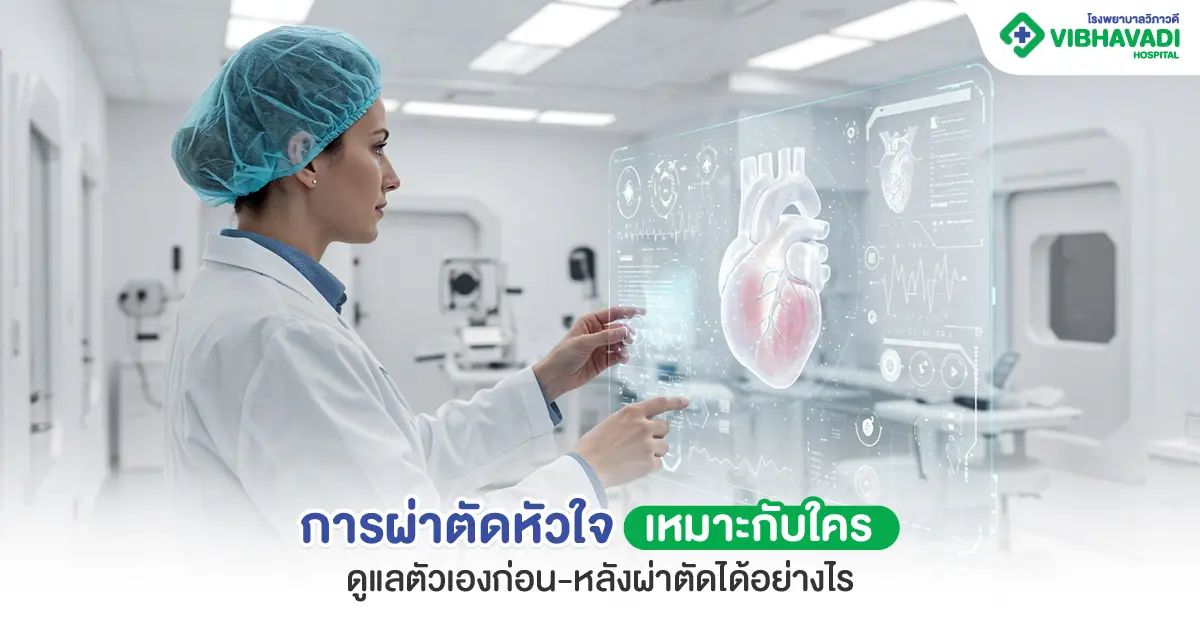
Having heart surgery might sound a little intimidating at first, but for many people, it can make a positive difference and get them back toward living life with greater energy. Be it a flawed valve or an issue of clogged arteries, that surgery could change you forever in terms of the real rush of blood which may start your heart really pumping.
We do have a team of specialists in Vibhavadi Hospital with modern equipment, and full care is given to the patients before and after surgery.
What Cardiac Surgery Really Does
Cardiac Surgery deals with the whole spectrum of disease, from clogging of arteries to chronic diseases of the heart. The most common conditions include: atherosclerotic arteries, which prevent the normal flow of blood; faulty valves that leak or are unable to open usually; birth defects that fail to allow proper circulation. In some instances, medication and diet are not successful, so surgery is required, or there may be diseases of the aorta, such as aneurysms or dissections, for which surgery is necessary. The aim of heart surgery is not perfection but performance-performing surgery to improve your heart's function to help you lead a healthier and more comfortable life.
Results vary as well as individual recovery.
Common forms of Cardiac surgery include:
Each time one hears the term Coronary Artery Bypass Grafting, or CABG in its abbreviation, think of giving a new route to the heart. The surgeon uses a healthy blood vessel from your leg or chest to create a detour around a blocked artery. This helps the flow of blood to your heart muscle to be increased. When CABG might be necessary is when narrowed arteries, which no longer make medications or stents effective. Though being a major surgery, for many individuals, it has widely improved their heart function.
Now, Valve Replacement or Repair: Your heart valves are similar to small one-way gates that control the flow of your blood in the right direction. When a valve doesn't work as it should, the blood doesn't behave well, and the heart has to work harder. Surgeons can repair the valve in many cases, but if it is too spoiled, they will replace it either with a mechanical or tissue valve. Simple objective: to restore your heart's rhythm and give you more energetic feelings.
Minimally Invasive Surgery
Not every heart surgery involves a big chest incision today. Nowadays, surgeons are able to work through smaller openings with special tools or robotic systems that give them precision. Recovery tends to be quicker, the scar smaller, and one usually is back on his or her feet sooner. That said, it's not always an option for everyone—sometimes, the traditional approach is still safer depending on your condition and what exactly needs fixing.
Closed-Heart Surgery
It is a kind of procedure for small repairs and does not require opening up the chest cavity. It is usually done with small incisions, and the patients often go home more quickly than in the case of open-heart operations. It's a quieter, less dramatic kind of surgery, but still an important one when the heart needs a little tune-up rather than a full overhaul.
Preparation for Cardiac Surgery
Preparation is the key to undergoing the surgery smoothly and recovering with ease. You will be subjected to a number of tests before surgery, such as blood work, an ECG, and imaging studies. You will also be instructed regarding the process of medication management, and personal hygiene in detail. It is crucial that you discuss with your doctor all the medications and supplements you are taking, stop smoking and consuming alcohol, and sleep properly with a healthy mindset.
Life After Surgery: What does one recovery feel like?
Recovery is not quick. It can take people an average day or two in the ICU with close observation of your heart and then you are moved to a regular room and finally home. Recovery is weeks for most but months for some, depending on work done and health. After recuperation, maintain a heart-healthy diet, adhere to your medications as prescribed, and maintain your incision area clean and dry. Periodic follow-up visits are also necessary to monitor your healing process and identify any potential complications at an early stage.
Disclaimer: Recovery time is different for every individual.
The Risks — and Why They Matter
Any procedure that has a risk attached with it, even when one is undergoing an operation on the heart. You could create such complications as bleeding, infections, irregular heart rhythms or an allergic reaction to the anesthetic. You may be somewhat dazed for a day or two after the experience.
Vibhavadi Hospital Surgical Procedure of Heart Disease
Heart Surgery Department at the Vibhavadi Hospital combines under one roof specialists in cardiac surgery, hand and micro-surgery, close heart surgery, minimal invasive surgery, and CABG procedures. Special attention is given to the importance of precise diagnosis, correct therapy, and follow-up care.
Notice: Results of recovery depend on your health, kind of treatment, and overall health
Testimonials
Proud to take care of you




